EcoSimLab
Hardware
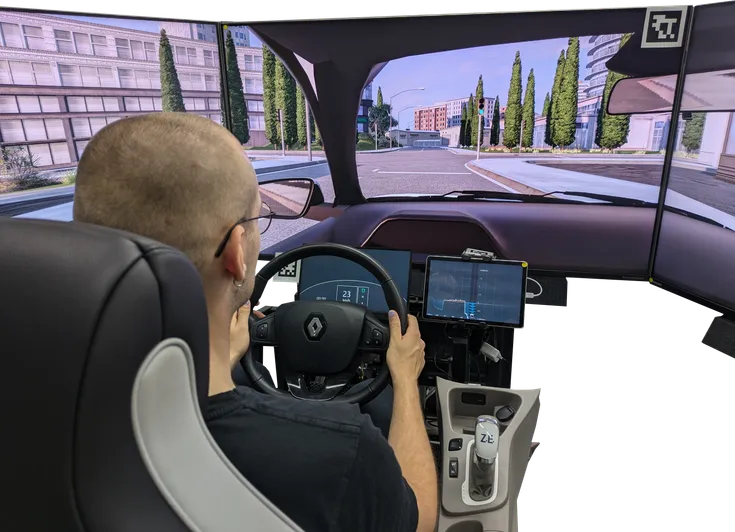
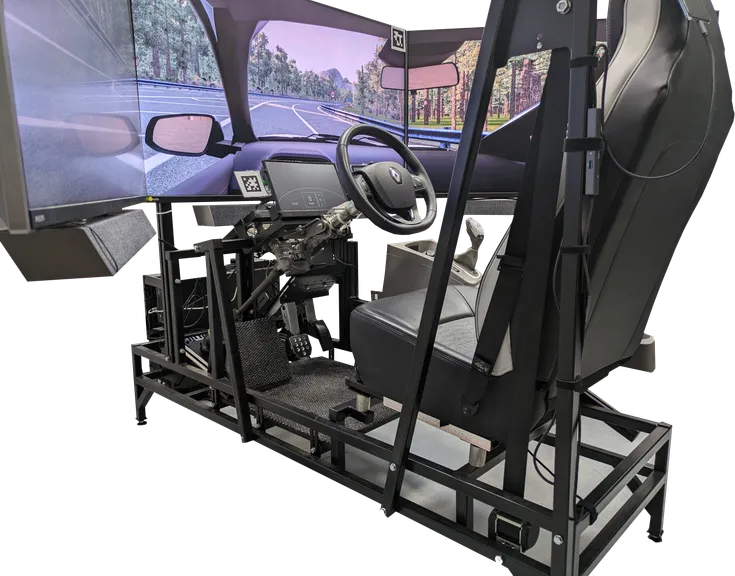
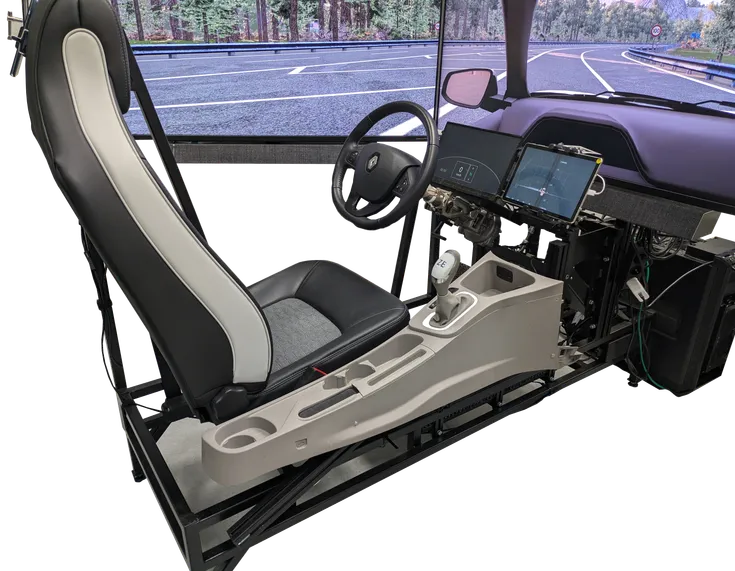
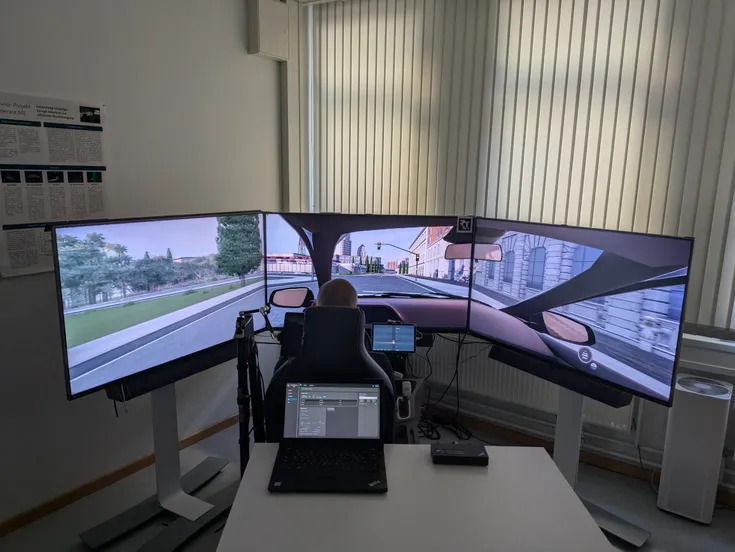
Software
BeamNG
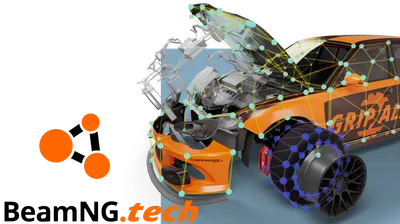
EcoInterfaces
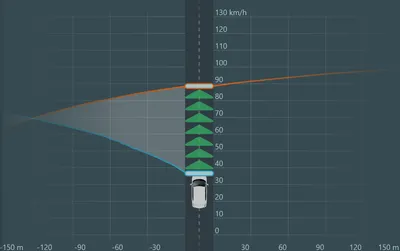
Research Vehicle
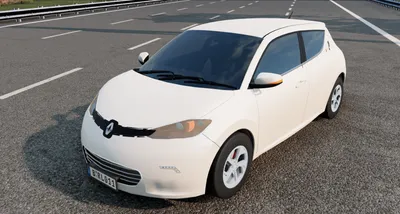
EcoDriving Testpark
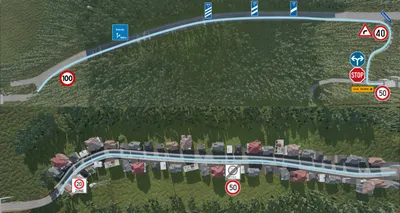
Study Control App
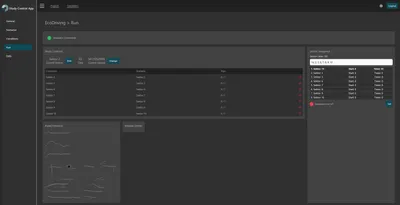
EcoMPC
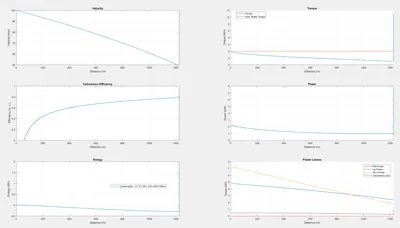
Infrastructure
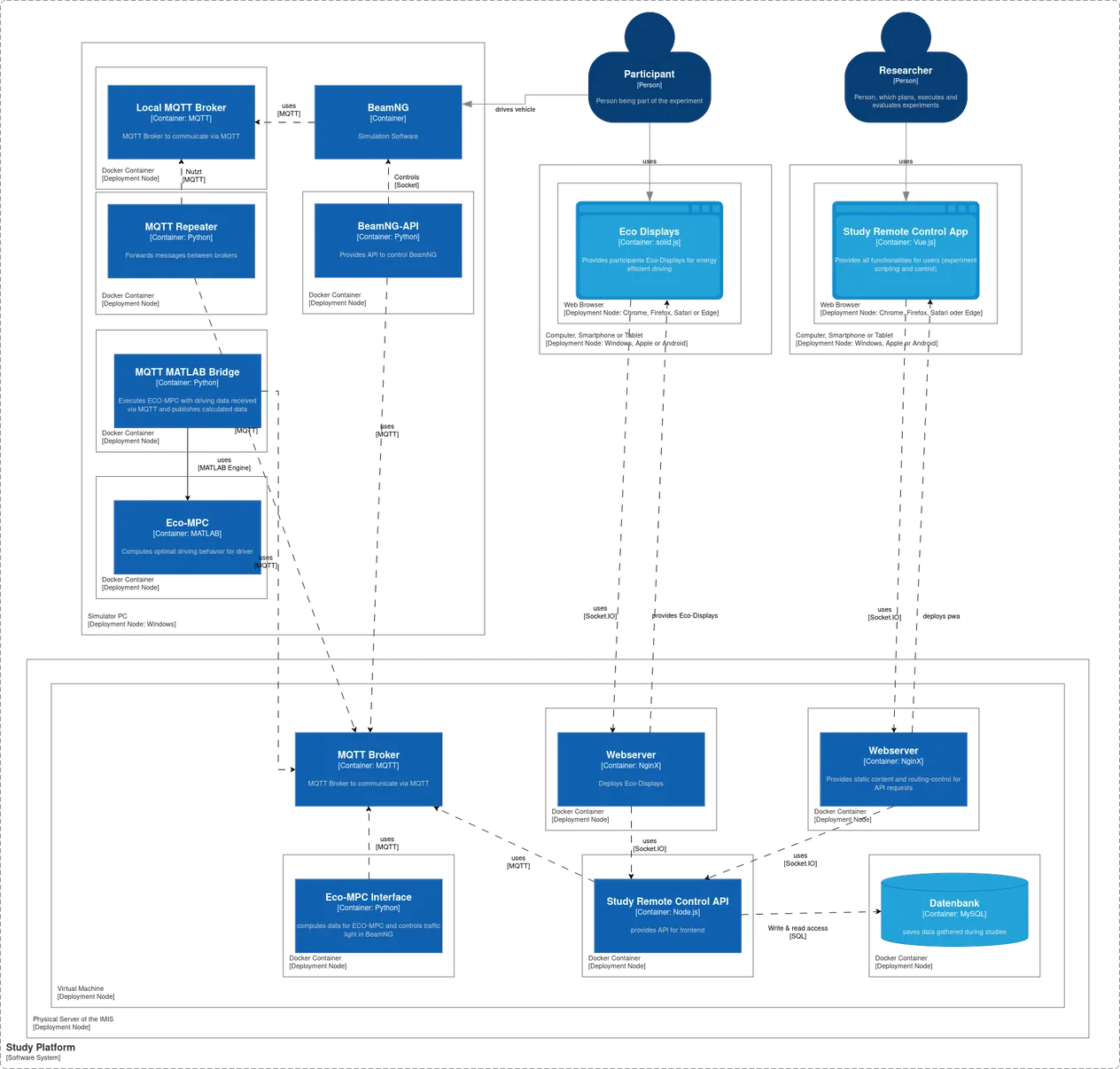
Research
Theses
Jonas Busch (2023)
Entwicklung und Anwendung eines Auswertungstools für Blickbewegungsdaten in Fahrsimulationsstudien mit Live-EnergieanzeigenTobias Harms (2023)
Integration eines MATLAB Eco-MPC in die Fahrsimulationssoftware BeamNG.tech im Kontext der nutzerzentrierten Energieeffizienzanzeigen Forschung in der ElektromobilitätTobias Reins (2023)
Entwicklung eines Systems zur Planung, Durchführung und Auswertung von Simulator-StudienJosua Potschien (2022)
Systematische Untersuchung von Metriken hinsichtlich der Bewertung der Energieeffizienz und Eignung in verschiedenen EnergieanzeigenIndrani Breier (2021)
Tipp-Basiertes Ecodriving Feedback: Entwicklung eines Post-Manöver-Assistenzsystems zum Training energieeffizienten Fahrverhaltens in batteriebetriebenen ElektrofahrzeugenAnton de Vries (2021)
Beschleunigungsdisplays im Fahrsimulator - Untersuchung des Einflusses der Displayart auf die EnergieeffizienzPublications
Gödker, M., Schmees, S., Bernhardt. L., Heidinger, J., Görges, D., and Franke, T. (2024)
Driving Simulation for Energy Efficiency Studies: Analyzing Electric Vehicle Eco-Driving With EcoSimLab and the EcoDrivingTestParkIn Proceedings of the 16th International Conference on Automotive User Interfaces and Interactive Vehicular Applications (AutomotiveUI '24). Association for Computing Machinery, New York, NY, USA, 32–42
https://doi.org/10.1145/3640792.3675706Gödker, M., & Franke, T. (2024)
Assessing Energy-Related Situation Awareness Using Self-Controlled Occlusion During Electric Vehicle Driving Scenes148, 286-296
https://doi.org/10.54941/ahfe1005219Heidinger, J., Bernhardt, L., & Franke, T. (2023)
Ecosimlab - A Low-Cost Driving Simulator Environment for Examining Human Factors in Vehicle Energy EfficiencyAutomotiveUI '23 Adjunct: Adjunct Proceedings of the 15th International Conference on Automotive User Interfaces and Interactive Vehicular Applications, , Ingolstadt (Germany), 18.-21.09.2023, 66-70
https://doi.org/10.1145/3581961.3609881Moll, V. E., & Franke, T. (2021)
Biased energy efficiency perception based on instantaneous consumption displays–Indication for heuristic energy information processingApplied Ergonomics, 94, 103399
https://doi.org/10.1016/j.apergo.2021.103399Franke, T., Görges, D., & Arend, M. G. (2019, September)
The Energy Interface Challenge. Towards Designing Effective Energy Efficiency Interfaces for Electric VehiclesIn Proceedings of the 11th International Conference on Automotive User Interfaces and Interactive Vehicular Applications (pp. 35-48)
https://doi.org/10.1145/3342197.3344526Bernhardt, L., Moll, V., & Franke, T. (2019)
Entwicklung und Validierung einer Fahrsimulationsumgebung für Interface-Testing im Kontext Elektromobilität3. Kongress der Fachgruppe Verkehrspsychologie, Saarbrücken, 05.-07.03.2019
https://doi.org/10.13140/RG.2.2.26178.32962/1Team
Project Management


Ph. D. Students




Students









